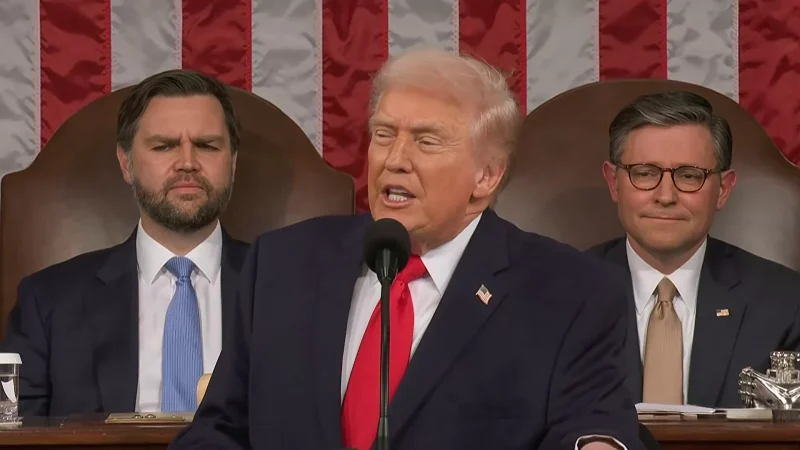 By Brian Fung | National Journal
By Brian Fung | National Journal
U.S. copyright protections don’t promote innovation. They stifle it.
That was one of the arguments that got intellectual-property reformer Derek Khanna fired from his job last year at the Republican Study Committee, a policy shop for the House GOP. The problem, Khanna said, was that too much copyright protection encourages the country’s creative class to make a living suing other people instead of coming up with ideas. Brilliant inventions will be quashed, thanks to aggressive infringement lawsuits.
Shockingly, the recording industry didn’t appreciate Khanna’s critique of the system. Within weeks, it became clear that the young Hill staffer’s comments would cost him his job.
Khanna’s experience concerned copyrighted works and infringement lawsuits, not gene patents. But it raises a related question: To what extent do intellectual property protections help accelerate subsequent innovation?
Heidi Williams is an economist at the Massachusetts Institute of Technology. In a forthcoming paper in the Journal of Political Economy, she argues that the rate of discovery when it comes to academic research is much higher when intellectual property protections are much lower.
If you’d like to discuss intellectual property issues, contact Robert Iussa, chairman RLG Intellectual Property Dept., riussa@roselawgroup.com






